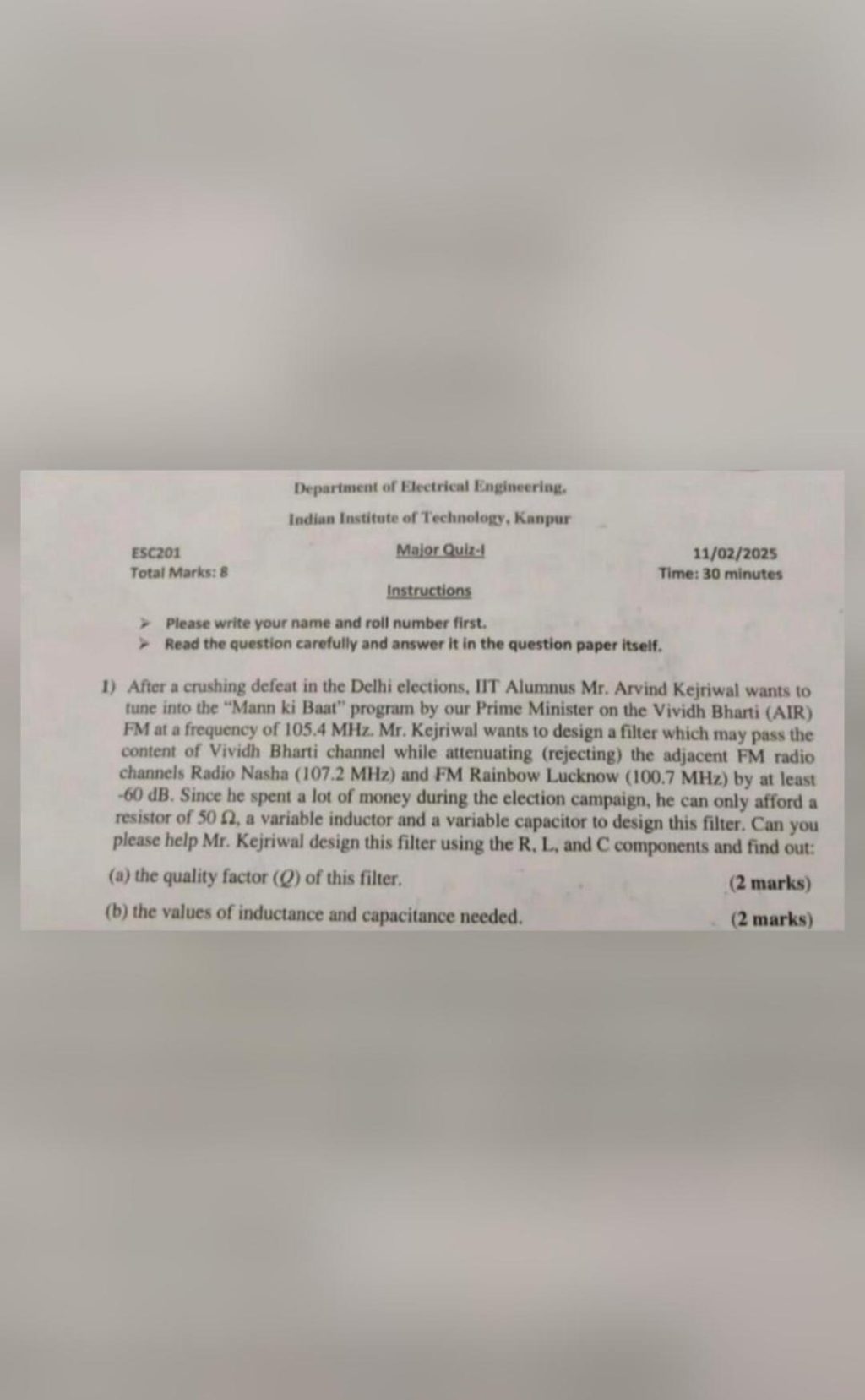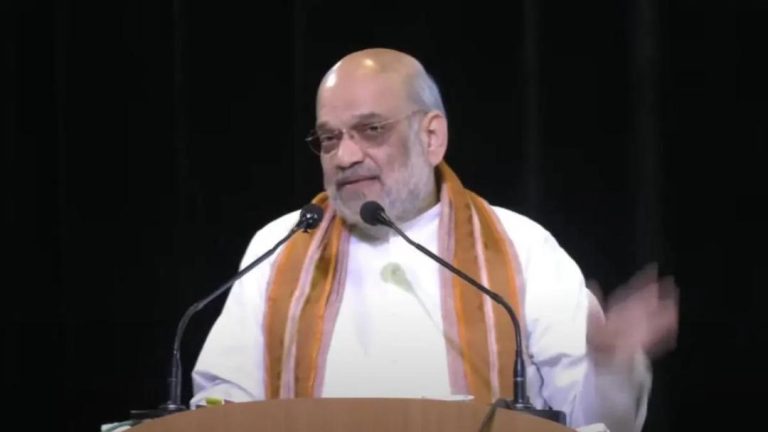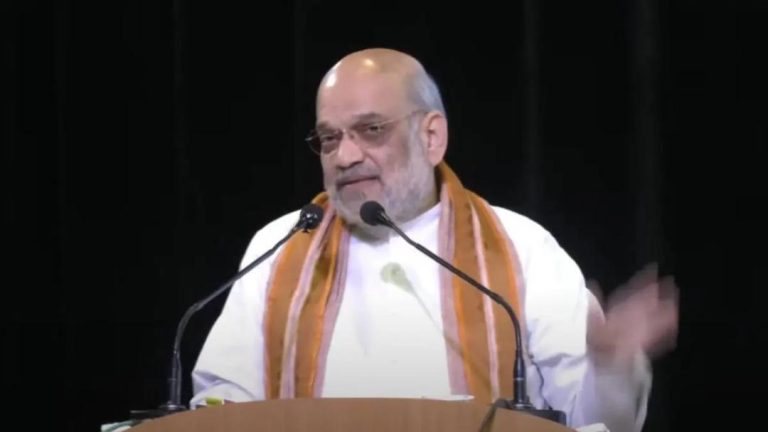
Wanted Exam to be More Engaging: IIT Kanpur on ‘Kejriwal & Mann Ki Baat’ Question
In a shocking turn of events, a question paper from IIT Kanpur has gone viral after it asked students to design a filter for Arvind Kejriwal, the Chief Minister of Delhi, to help him listen to Prime Minister Narendra Modi’s ‘Mann Ki Baat’ radio program. The question, which is being touted as one of the most creative and innovative ever, has sparked a heated debate about the role of exams in making learning more engaging.
The question paper was part of the institute’s course on Signals and Systems, and it asked students to design an audio filter that could help Kejriwal tune into Modi’s ‘Mann Ki Baat’ program. The question was designed to test the students’ knowledge of audio processing and signal filtering, but it also had a touch of humor and wit.
The question was met with a mix of reactions from students and faculty members, with some praising the creativity and originality of the question, while others felt that it was too unconventional and might not be relevant to the course material.
In a statement, IIT Kanpur confirmed that the question was real and that the professor who drafted the paper likes to use “references to well-known personalities…to make exam questions more engaging.” The institute also clarified that the question was not intended to be controversial or political, but rather to test the students’ technical skills and knowledge in a creative and innovative way.
The viral question has sparked a wider debate about the role of exams in making learning more engaging and relevant to real-life situations. Many experts argue that traditional exams often focus too much on rote memorization and regurgitation, rather than encouraging critical thinking and creativity.
In an era where technology is rapidly changing the way we learn and communicate, it’s essential that exams adapt to these changes and become more engaging and relevant. By incorporating real-life scenarios and references to well-known personalities, exams can become more interactive and enjoyable, while also providing students with a more practical and applicable understanding of the material.
Moreover, the viral question highlights the importance of making learning more accessible and inclusive. By using real-life examples and references, exams can become more relatable and relevant to a wider range of students, regardless of their background or interests.
In conclusion, the viral question from IIT Kanpur is a timely reminder of the need to make exams more engaging and relevant. By incorporating creative and innovative questions, exams can become more enjoyable and interactive, while also providing students with a more practical and applicable understanding of the material. As the education sector continues to evolve and adapt to new technologies and trends, it’s essential that exams remain a vital part of the learning process, while also becoming more accessible and inclusive.




